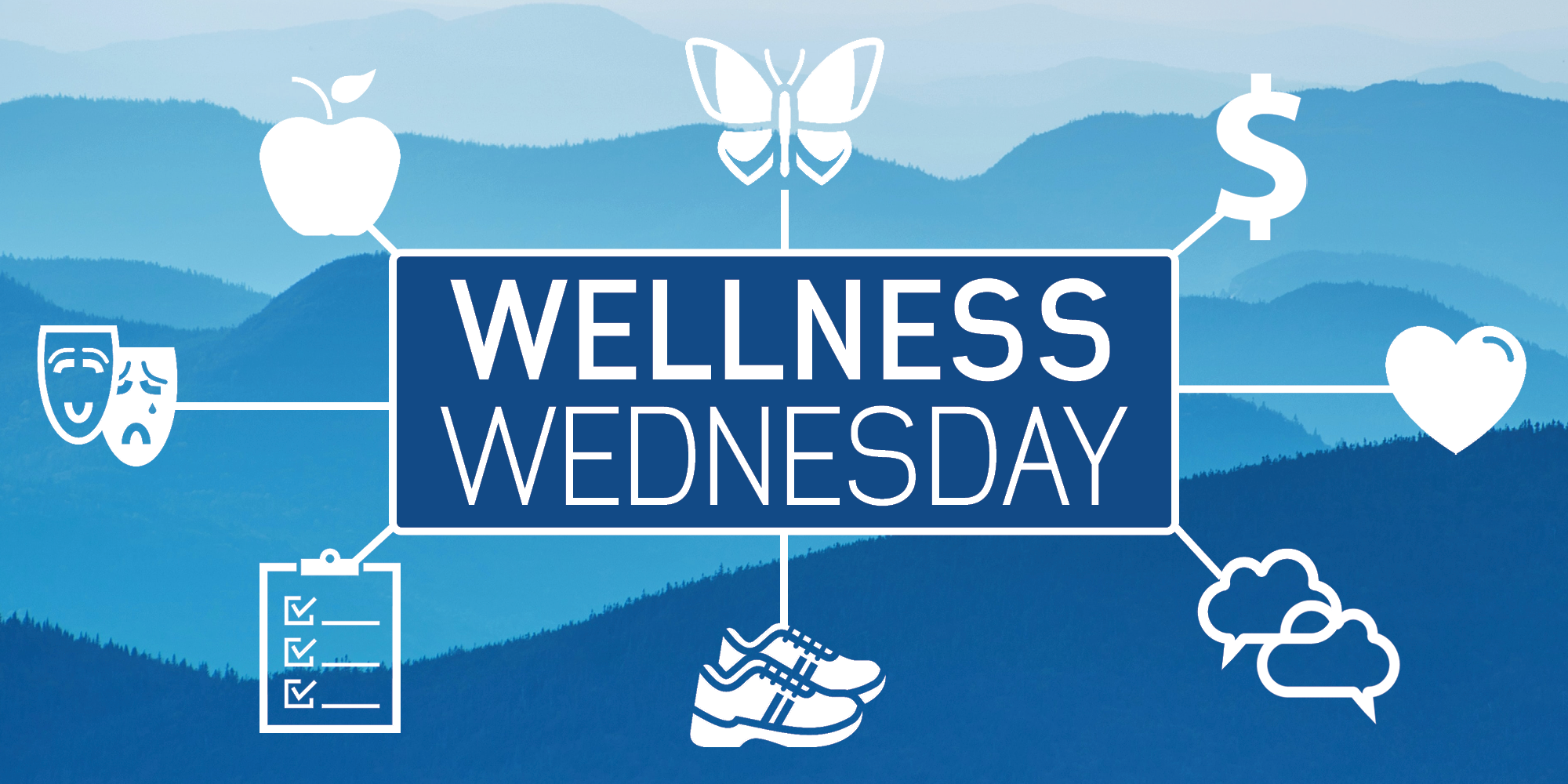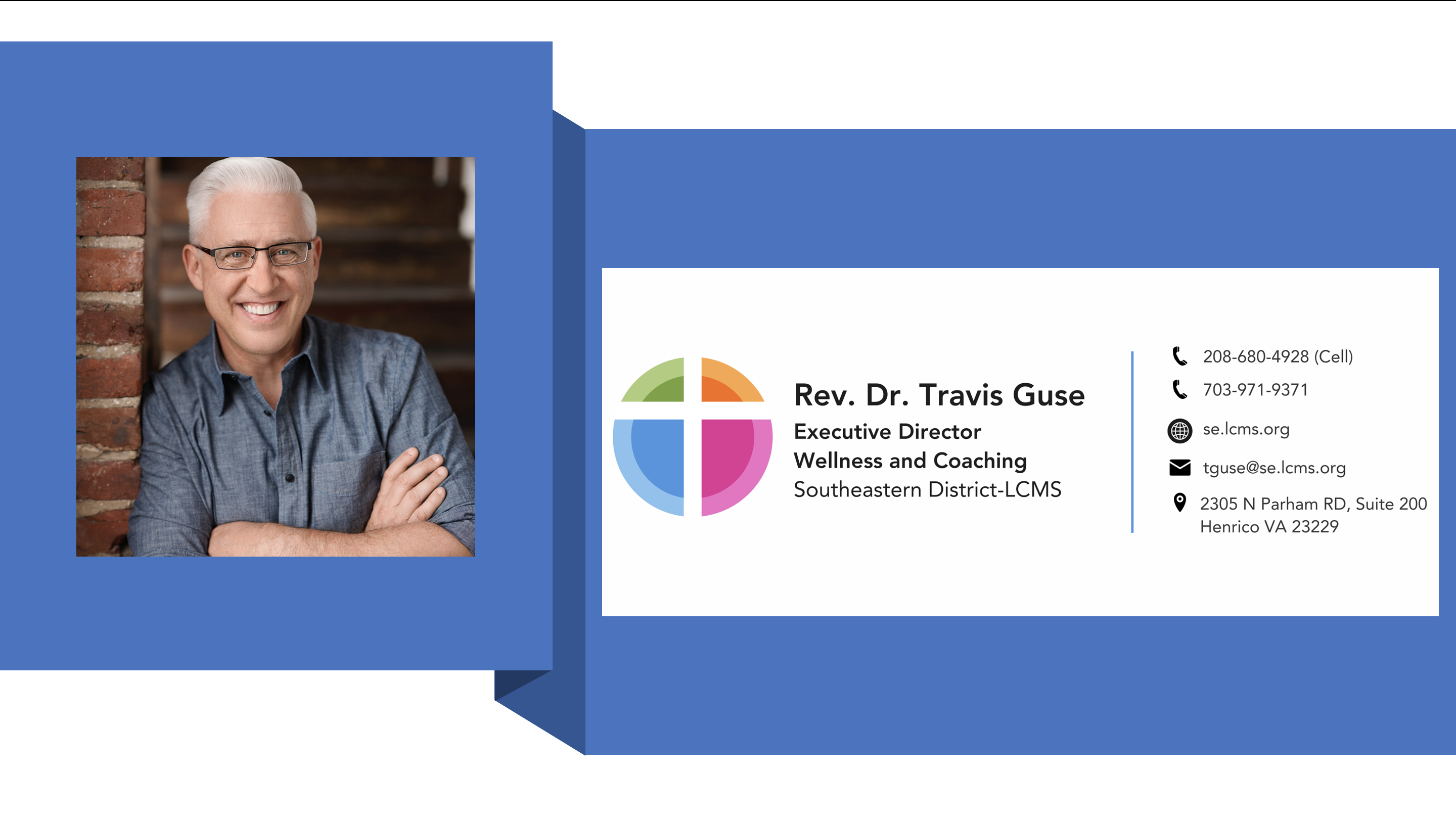
Wellness Wednesday (Ideas For Church Worker & Congregational Wellness) – “An Honest Conversation About Alcohol Abuse”
As a follow-up to last week’s excellent Wellness Wednesday written by DCE Shawn Maassel with her challenge to consider limiting our use of alcohol during the season of Lent, I would like to engage with you in an honest conversation regarding something that we don’t talk about enough in ministry – the topic of alcohol abuse. Now, please don’t hear what I am not saying. This discussion is not about the morality of drinking or seeking to be more holy by what we consume or don’t consume. This blog is meant to be an honest conversation about our physical wellness and overall well-being regarding drinking alcohol.
Now, to begin with, in our Lutheran tradition, we understand alcohol to be a gift of God. In Ecclesiastes 3:13, King Solomon says this when he writes, “And also that every man should eat and drink, and enjoy the good of all his labor, it is the gift of God.” In Psalm 104:15, we hear that the Lord gives “wine to gladden the heart of man.” In John 22:1-11, we hear how Jesus performs His first miracle by turning water into wine at the wedding in Cana. This wine was so good that the banquet master declared to the bridegroom, “Everyone brings out the choice wine first and then the cheaper wine after the guests have had too much to drink, but you have saved the best till now.” And in the New Creation, in which we will dine together in the presence of God, we hear, “On this mountain the Lord of hosts will make for all peoples a feast of rich food, a feast of well-aged wine, of rich food full of marrow, of aged wine well refined.” (Isaiah 25:6)
Drinking is not a sin – it is a good gift from God to be enjoyed. However, the abuse of alcohol is a sin. Christians are allowed by God to drink alcohol, but we are forbidden to get drunk. We hear the admonition in Ephesians 5:18, “And do not get drunk with wine, for that is debauchery, but be filled with the Spirit.” And like any good gift of God, we can abuse a blessing to such a point that it becomes to us a curse. Paul in 1 Cor 10:23 affirms the freedom we have as believers in Christ, warning, however, that not all things may be beneficial – “‘All things are lawful,’ but not all things are helpful. ‘All things are lawful,’ but not all things build up.”
The danger in indulging too much in the good gift of alcohol is when it begins to master us through addiction or it becomes a coping mechanism as a way to deal with stress and problems in life. According to studies, at least 38 million adults in the U.S. drink too much. Drinking too much includes:
- Binge drinking.
- High weekly consumption (for women, 8 drinks or more weekly; for men, 15 drinks or more weekly).
- Any alcohol consumed by pregnant women or those under 21 years of age.
95% of people with substance abuse problems (including alcohol) are considered unaware of their problems. Only 1 in 6 adults talk with their doctor, nurse, or other health professional about their drinking.
Drinking in excess can also cause some serious health issues and is the 3rd leading cause of death in the U.S. Over time, excessive alcohol use can lead to the development of chronic diseases and other serious wellness issues, including:
- High blood pressure, heart disease, stroke, liver disease, and digestive issues.
- Cancer of the breast, mouth, throat, esophagus, voice box, liver, colon, and rectum.
- Weakening of the immune system, increasing the chances of getting sick.
- Learning and memory problems, including dementia and poor school performance.
- Mental health problems, including depression and anxiety.
- Social problems, including family problems, job-related problems, and unemployment.
- Alcohol use disorders, or alcohol dependence.
So, what is a healthier approach to drinking alcohol? The Dietary Guidelines for Americans recommends that adults of legal drinking age can choose not to drink, or to drink in moderation by limiting intake to 2 drinks or less in a day for men or 1 drink or less in a day for women on days when alcohol is consumed. The Guidelines also do not recommend that individuals who do not drink alcohol start drinking for any reason and that if adults of legal drinking age choose to drink alcoholic beverages, drinking less is better for health than drinking more.
And what if you do recognize that you might have a drinking problem and need help? There is hope to break the cycle of abuse and addiction. Make sure to talk with your doctor or a healthcare professional and get an alcohol screening and brief counseling. This service is required to be covered without a copay by new health insurance plans under the Affordable Care Act and involves:
- Using a set of questions to screen all patients for how much and how often they drink.
- Counseling patients about the health dangers of drinking too much, including women who are (or might be) pregnant.
- Referring only to those few patients who need specialized treatment for alcohol dependence.
Those who receive alcohol screening and brief counseling can reduce the amount of alcohol consumed on occasion by up to 25%. When appropriate and as needed, seek the help of a mental health professional to address some of the underlying causes of high alcohol consumption. And make sure to reach out to a trusted friend, family member, or a fellow co-worker in the ministry. The temptation is to hide our struggles and pretend that we have everything under control. Yet, when we live in denial long enough, the truth of our struggle eventually emerges in one way or another and becomes unmanageable.
Growing up in a family in which there was a great deal of alcohol and substance abuse, I remember the old A.A. adage, “We’re only as sick as our secrets.” In my family, we had a lot of secrets. This saying means that a secret kept in the dark grows and becomes more harmful, but its power is lost once exposed to light or released. Acknowledgment is the first step to recovery on the road to improving your wellness. Perhaps today is the day to step into the light of Christ’s healing love and admit that you need some help. If you are ready to take this first step, please know that we, as the SED staff, care about you and your wellness. We stand ready to walk with you – please don’t hesitate to reach out to us to talk.
